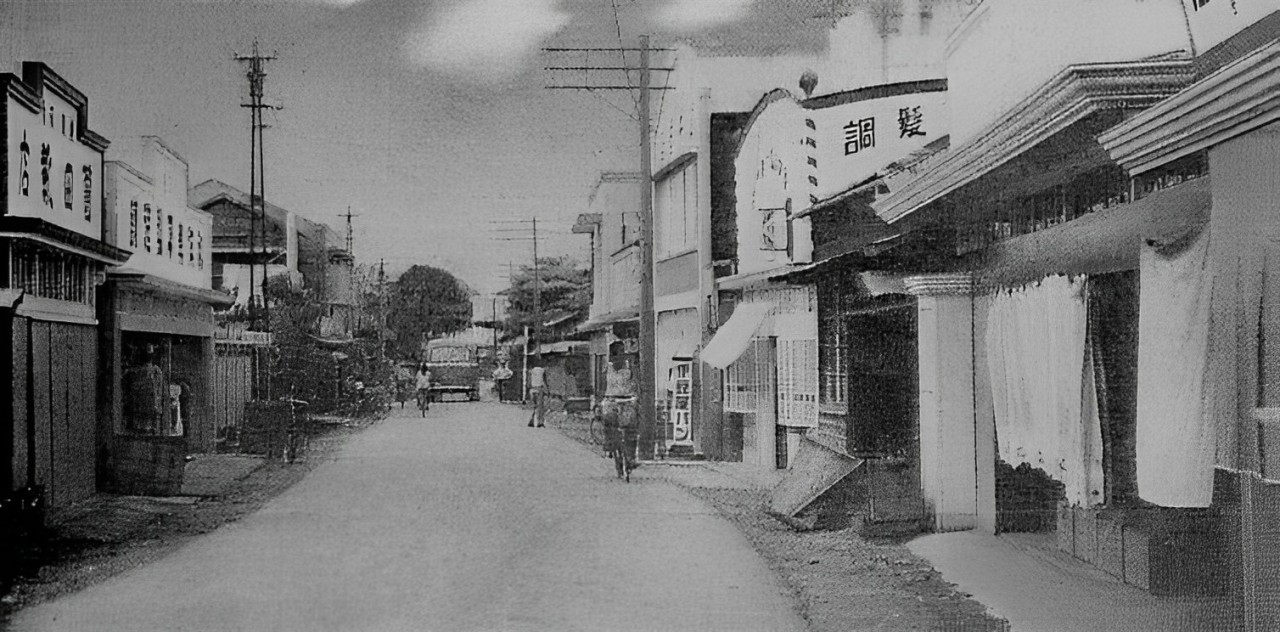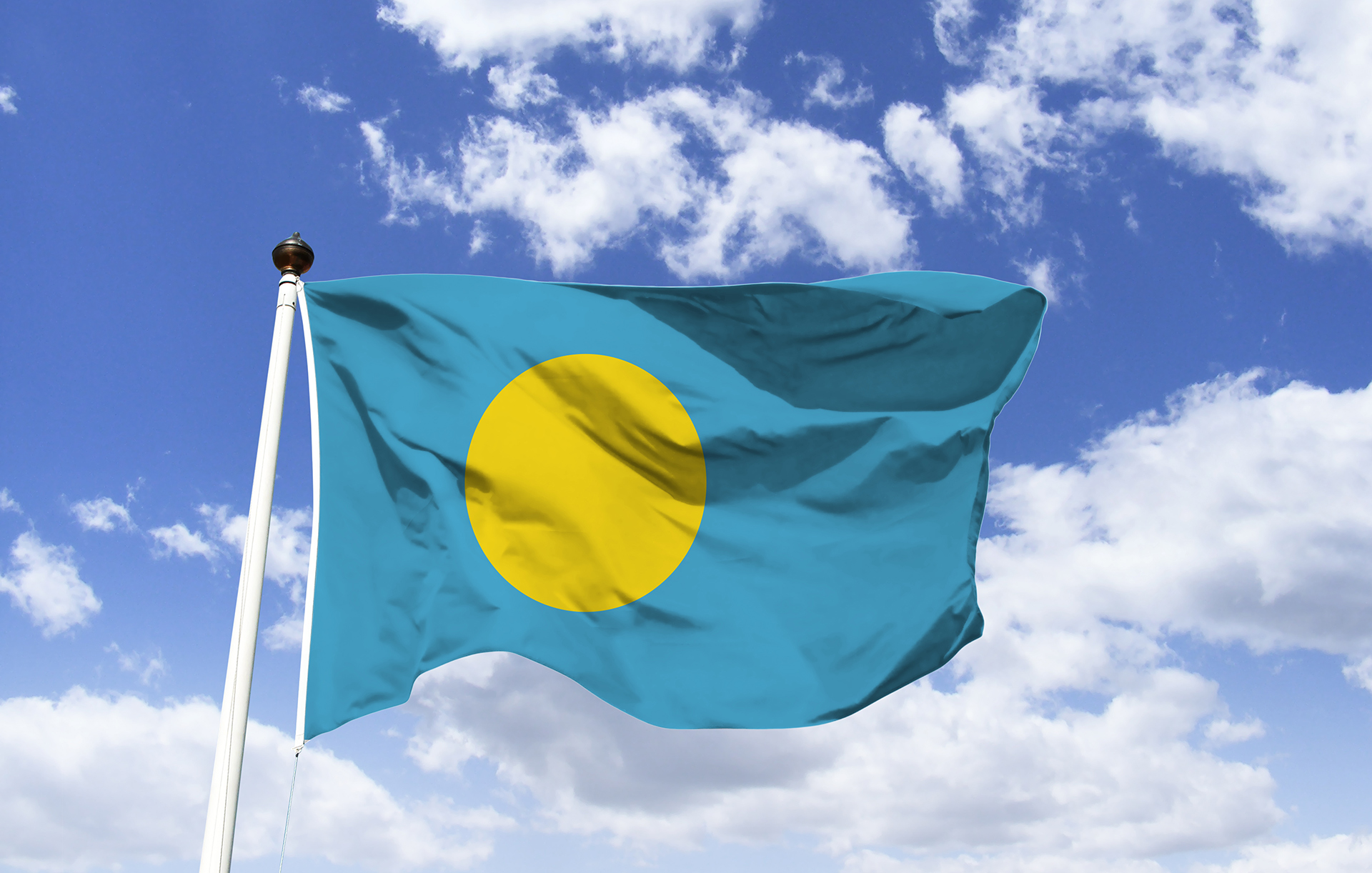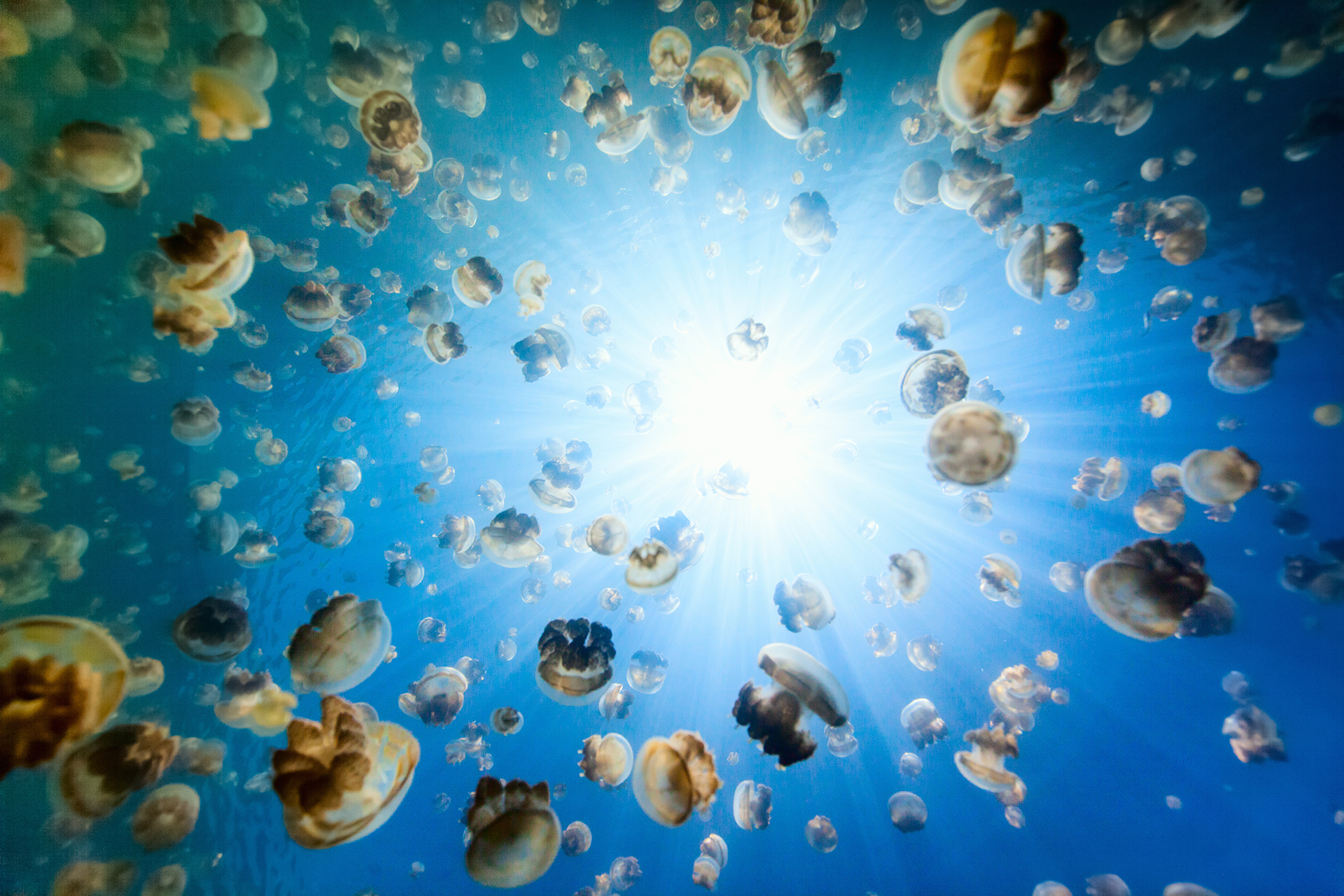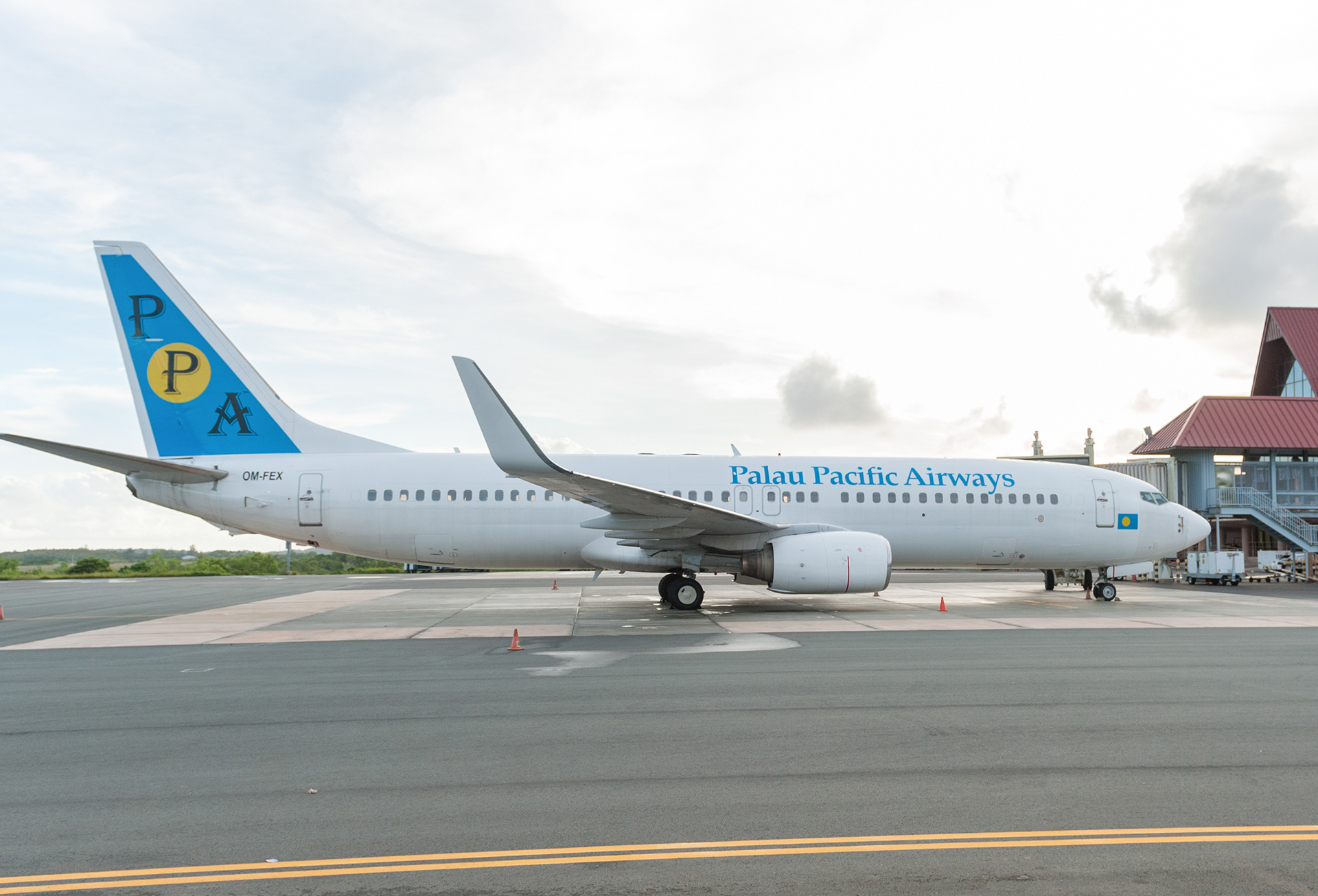Why Palau?
Learning from Palau’s History
Palau became known to Europe in the 16th century through Spanish explorers. It subsequently experienced European colonial rule and economic development under Japanese governance. Known as a major battleground during World War II, it later became a U.S. Trust Territory before achieving independence in 1994.
Today, Palau focuses on tourism and environmental conservation, striving to become a sustainable society. This history significantly influences Palau’s cultural diversity and its strong commitment to environmental protection.

The Republic of Palau
The Republic of Palau is a beautiful island nation in the Pacific Ocean, consisting of approximately 340 islands. Its capital is Ngerulmud, and tourism is its main industry. Palau is renowned for its rich natural environment and diverse marine life, making it a globally popular diving destination.
The country boasts unique culture and traditions, a warm climate, and friendly people who attract visitors. Historically influenced by many nations, including Japan, Palau now emphasizes peaceful diplomacy as an independent state.
The Republic of Palau is a beautiful island nation in the Pacific Ocean, consisting of approximately 340 islands. Its capital is Ngerulmud, and tourism is its main industry. Palau is renowned for its rich natural environment and diverse marine life, making it a globally popular diving destination.
The country boasts unique culture and traditions, a warm climate, and friendly people who attract visitors. Historically influenced by many nations, including Japan, Palau now emphasizes peaceful diplomacy as an independent state.
Palau’s Unique Economic Environment
The government actively adopts policies that welcome innovation in the fintech sector, providing an ideal environment for companies testing and introducing new technologies. With its stable political system and strong international relations, Palau ensures economic reliability, giving investors confidence to provide funding.
Additionally, the use of the US dollar as its legal tender facilitates seamless international financial transactions, making Palau particularly attractive.
A Population and Demand Suited for Fintech Business
With a small population of approximately 20,000, Palau offers optimal conditions for the comprehensive adoption and pilot testing of fintech technologies. In a small-scale economy, decisions can be made quickly, and new technologies can be trialed with ease.
There is a growing demand for efficient and rapid money transfer and payment services among local residents and those working in tourism, presenting expanding business opportunities for fintech adoption.
Geographical and Strategic Advantages
Located at the center of the Asia-Pacific region, Palau’s geographical position provides strategic benefits for advancing trade and economic collaboration with neighboring countries. As a hub, fintech companies can consider business expansion into surrounding markets.
Palau’s abundant tourism resources also offer the potential to provide convenient fintech services tailored to tourists, creating synergies between tourism and financial technology.
Furthermore, Palau is geographically distant from politically unstable regions, has high-speed undersea internet connections, and is protected from earthquakes and tsunamis by its coral reefs, ensuring stability and security.
PWDT Information
Professional members worldwide unite to achieve their goals and build a shared future.
Palau, with growth in tourism and fintech, drives economic diversification with government support.
Prioritizing transparency and accountability, fostering ethical business for sustainable success.
Advancing tourism, healthcare, and fintech with detailed financial strategies and growth plans.
Pursuing ESG-focused projects to deliver sustainable and socially responsible outcomes.






